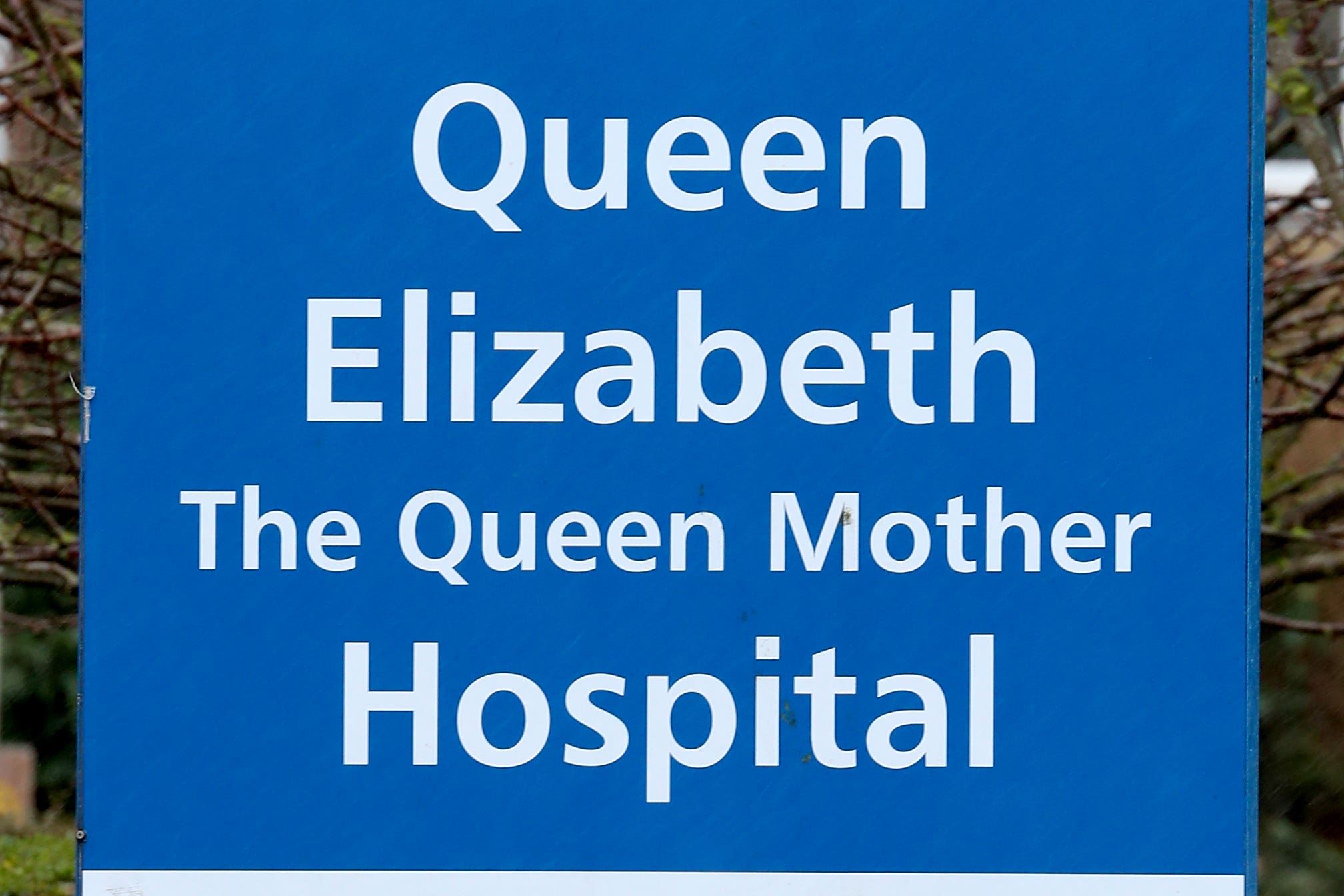Author of study into East Kent Hospitals deaths encourages patients to speak out
Dr Bill Kirkup spoke with the PA news agency after the report that was published.

The author of a report exposing dozens of baby deaths due to failings at two Kent hospitals has encouraged families with concerns over NHS care they have received to speak out.
Dr Bill Kirkup, chair of the independent inquiry into East Kent Hospitals University NHS Foundation Trust – which relied on the testimonies of many families – said that “people have the right to have their questions answered”.
During an interview with the PA news agency, Dr Kirkup also did not rule out potential resignations among medical staff at the hospitals implicated in the report – the Queen Elizabeth The Queen Mother Hospital (QEQM) in Margate and the William Harvey Hospital (WHH).
He said there were “some professional and employment proceedings” following a 2015 report he chaired into similar failings at Morecambe Bay hospitals.
When asked whether he would encourage patients who were concerned they had received inadequate care at other NHS trusts to speak out, Dr Kirkup said: “Yes.
“People ought to ask questions, people have the right to ask questions, and they have the right to have their questions answered.
“I’d encourage anybody who feels that they have unanswered questions to take them forward and to make sure they get answers through the mechanisms that are open to them.”
On whether he foresaw professionals implicated in the report resigning from their post, Dr Kirkup said: “What we’ve done in the report is to set out exactly what happened to the best of our ability and where we think accountability for that lay.
“What you do with that is not for me to say, that is for firstly the Trust in terms of its staff, and secondly their professional regulators in terms of midwives and doctors, and thirdly NHS England.
“They will all be getting copies of the report if they haven’t already, I’m sure they’ll be reading them with a lot of interest, and I’m sure they will want to think about what they do next.”
Dr Kirkup praised the Morecambe trust for acknowledging that the findings were correct, as a first step.
On whether there were resignations at Morecambe following the 2015 report, he added: “There were some professional and employment proceedings that happened.
“They were not in relation to clinical error, I want to stress.
“I’m very keen that we don’t try and punish people where clinical errors have occurred – it’s a fact of all healthcare systems everywhere.
“But where people stray across a line is where they deny what happened afterwards, where they fail to investigate it, when they fail to learn from it, and I think it’s right that people are held to account when they do that.”
The most recent study highlighted how a high turnover of staff at several levels, including the chief executive of the East Kent trust, helped cement a “cycle” of no improvement.
When asked whether having three health secretaries in the last two years may also have exacerbated the problem, Dr Kirkup said it was beyond his remit to say, but he hoped the report panel would get a response from the Government.
“I don’t think I’d want to comment on health secretaries, that’s definitely outside of my remit,” he said.
“What’s most important is that we get a response from the Government, that it’s a prompt response, and that it says: ‘We accept what you’ve found and your areas for action, and we’ll make sure that they happen’.”
Bookmark popover
Removed from bookmarks